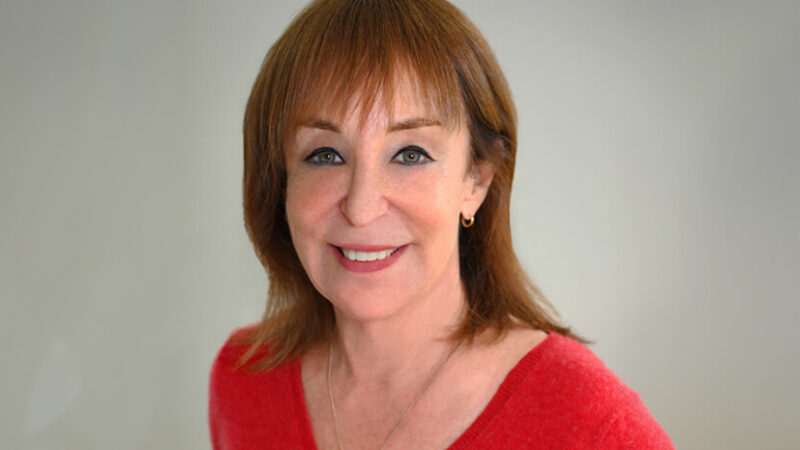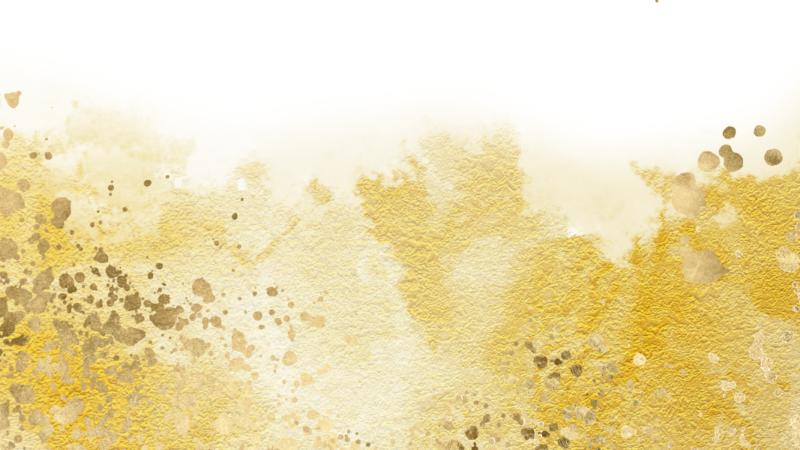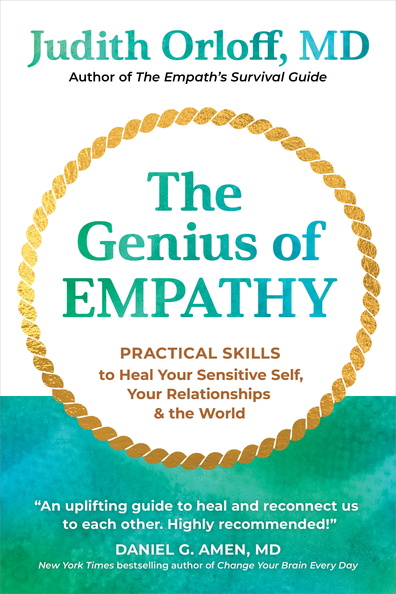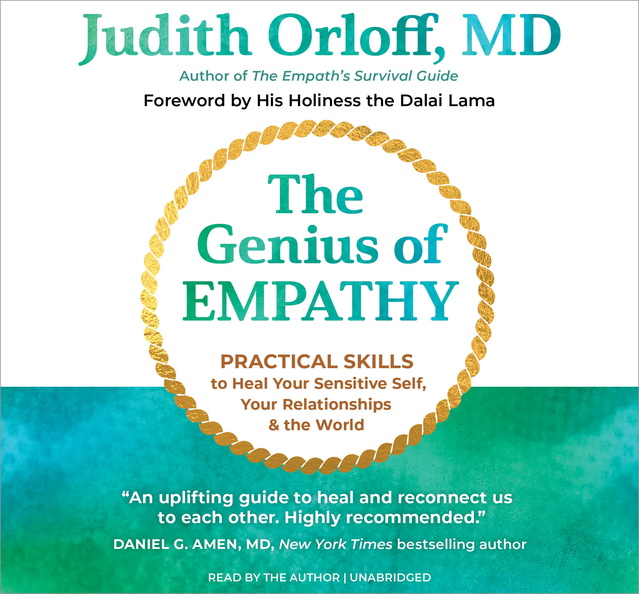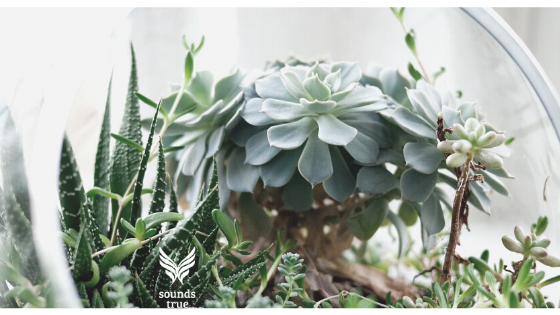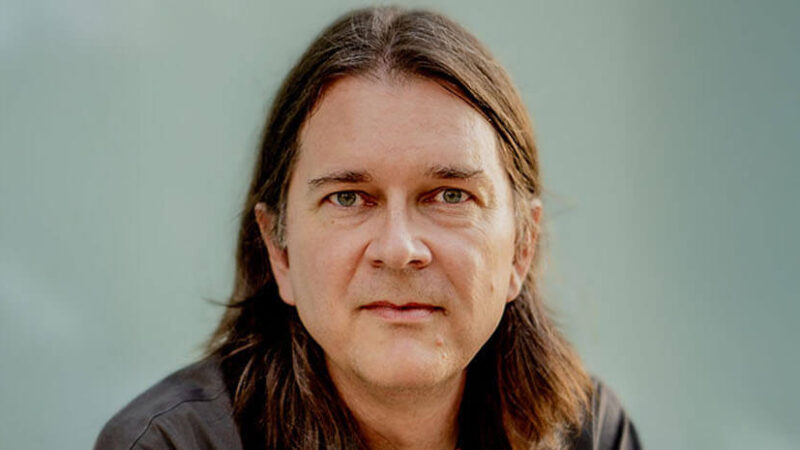Dear friends,
The Dalai Lama says, “Empathy is the most precious human quality.” During these stressful times, it’s easy to get overwhelmed. I feel passionately that empathy is the medicine the world needs right now.
Empathy doesn’t make you a sentimental softy without discernment. It allows you to keep your heart open to foster tolerance and understanding. In my new book The Empath’s Survival Guide, I discuss the following intriguing scientific explanations of empathy and empaths. These will help us more deeply understand the power of empathy so we can utilize and honor it in our lives.
- The Mirror Neuron System
Researchers have discovered a specialized group of brain cells that are responsible for compassion. These cells enable everyone to mirror emotions—to share another person’s pain, fear, or joy. Because empaths are thought to have hyper-responsive mirror neurons, we deeply resonate with other people’s feelings.
- Electromagnetic Fields
The second finding is based on the fact that both the brain and the heart generate electromagnetic fields. According to the HeartMath Institute, these fields transmit information about people’s thoughts and emotions. Empaths may be particularly sensitive to this input and tend to become overwhelmed by it.
- Emotional Contagion
Research has shown that many people pick up the emotions of those around them. For instance, one crying infant will set off a wave of crying in a hospital ward. Or one person loudly expressing anxiety in the workplace can spread it to other workers. People commonly catch other people’s feelings in groups.
- Increased Dopamine Sensitivity
The fourth finding involves dopamine, a neurotransmitter that increases the activity of neurons and is associated with the pleasure response. Research has shown that introverted empaths tend to have a higher sensitivity to dopamine than extroverts. Basically, they need less dopamine to feel happy.
- Synesthesia
The fifth finding, which I find particularly compelling, is the extraordinary state called “mirror-touch synesthesia.” Synesthesia is a neurological condition in which two different senses are paired in the brain. For instance, you see colors when you hear a piece of music or you taste words. Famous synesthetics include Isaac Newton, Billy Joel, and violinist Itzhak Perlman. However, with mirror-touch synesthesia, people can actually feel the emotions and sensations of others in their own bodies as if these were their own.
Studies show that one out of every five people is highly sensitive. It is my heartfelt wish that you or someone you love will benefit from The Empath’s Survival Guide and gain the tools to cherish your precious sensitivities. Get your free chapter and download bonus gifts.
With gratitude,
Dr. Judith Orloff




